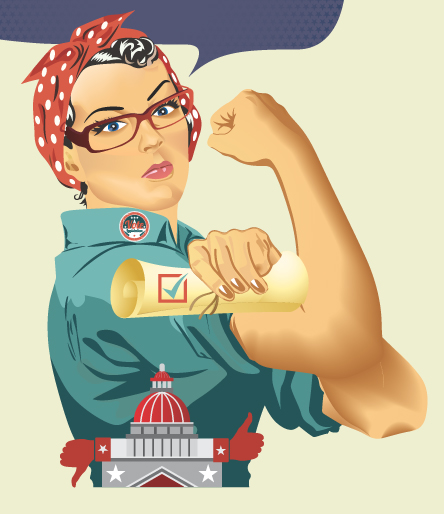Political scientists have worried that fewer women enter politics because they are subtly or overtly discouraged. One study suggests this might not be the problem.
Do electoral gatekeepers routinely discourage women from running for office? Through an audit experiment with 8,189 public officials, we examine whether (hypothetical) male and female students who express interest in political careers receive differential encouragement from electoral gatekeepers. We report three striking findings. First, emails sent by female students were more likely to receive a response than those sent by male students, especially when the official was male. Second, the responses women received were as likely to be long, thoughtful, and contain an offer of help as those to men. Third, there were no partisan differences in responsiveness to male or female senders. Examining senders with Hispanic last names bolsters the credibility of the results: Hispanic senders, especially men, were less likely to receive a quality response than non-Hispanic senders. These findings suggest that unequal encouragement by public officials is not a likely culprit of women’s under-representation in politics.
Joshua Kalla, Frances Rosenbluth, and Dawn Teele
If you’re a glass is half empty person, I guess you could say “so basically we still have a major gender imbalnce except now we don;t even have a good explanation and are back to square one”.


One Response
If you’re a glass is half empty person, I guess you could say “so basically we still have a major gender imbalnce except now we don;t even have a good explanation and are back to square one”.
golu dolls
golu dolls